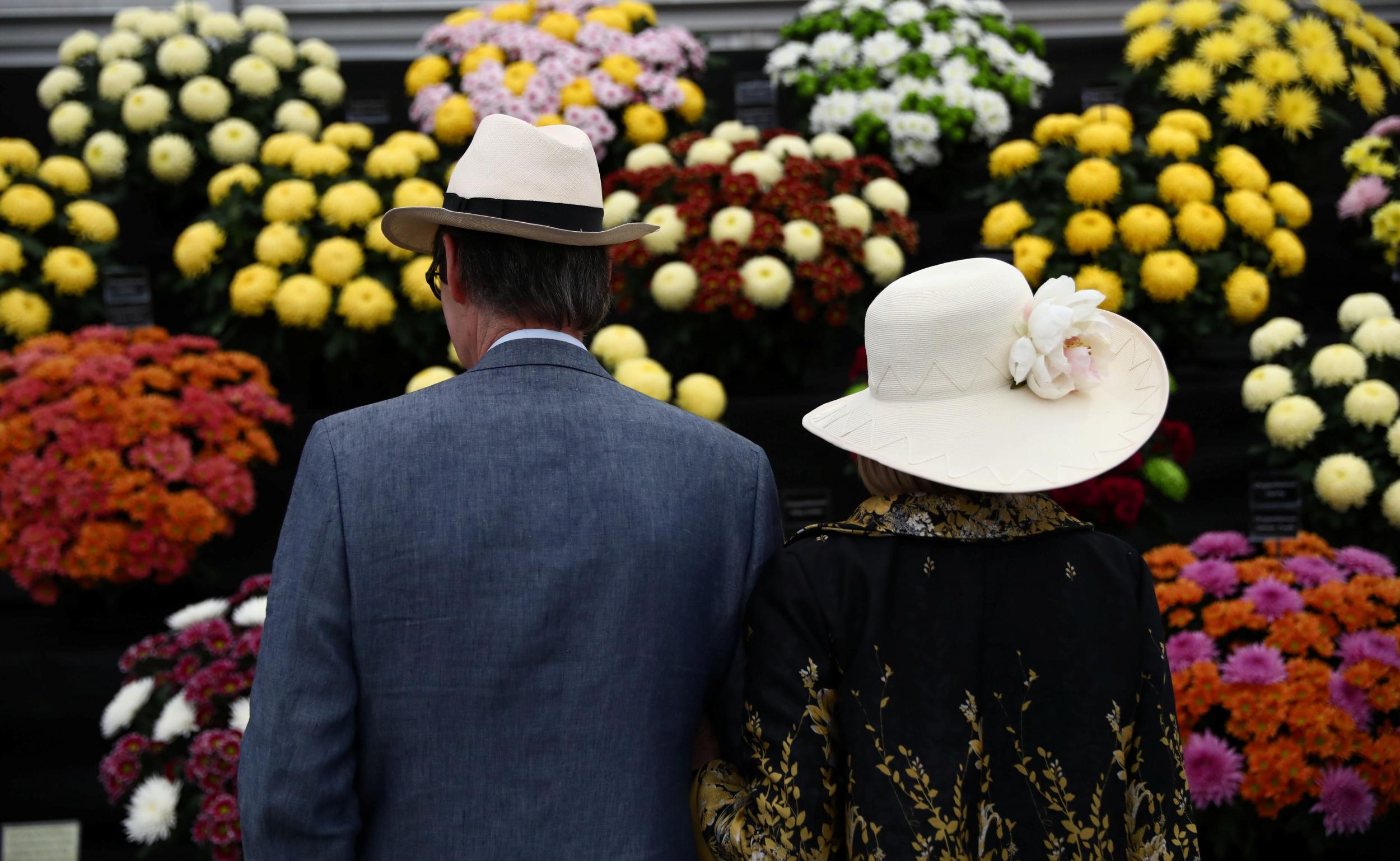City social calendars look empty as companies suffer image crisis
Businesses wary of spending too much on corporate hospitality after regulatory crackdown

Things are not what they were. Traditionally, this was the time of year when thoughts of senior business folk turned to the coming summer social and sporting calendar. Diaries would be filled with outings to Lord’s, Wimbledon, Royal Ascot, Glyndebourne and the British Grand Prix.
The annual starting gun would be fired on the third Monday in May with the Gala Preview at the Chelsea Flower Show. It will be again this year.
Except something has changed: the City will not be as heavily represented among the Chelsea throng. There will be plenty from retail, property, law, accountancy and industry in attendance. Those from the Square Mile, from financial services, from the banking and investment communities, though, will be fewer in number. There will be some, but not as many.
It will be the same at the other showcase events. The corporate hospitality boxes will be full, but not with representatives from the big banks, funds and their clients. Not like they used to be. A fear of falling foul of the still-relatively new Bribery Act, is one reason.
Another is a crackdown on lavish entertaining by a Financial Conduct Authority determined to purge conflicts of interests, especially where promotion of stocks is concerned.
It’s true, the legislation and watchdog are aimed at snaring only the most egregious examples of over-the-top spending and attempts to buy influence. But because the rules they’re implementing are vague, and untried and untested, that gives rise to doubt, and City bosses would rather not take the risk.
Helen Anderson of the Chartered Institute for Securities and Investment (CISI), has said: “We regularly hear feedback from our members that, due to increased regulation, there is a decline in corporate hospitality across the sector.”
However, there are two further factors behind the stay-aways. One is the rise of the compliance officer. Every self-respecting investment operation has one, or several, or, in the case of the larger, international organisations, droves. The “thought police” are everywhere, and across everything. Often, when asked by an employee whether they should or should not attend, they take the safe option: best not to go.
Sometimes, this can be taken to extreme. A senior fund manager was quoted in City AM: “I went to a lunch meeting at the Royal Exchange with a very well-known City strategist a while back, and one senior fund manager at the table refused any offer of food and water because they didn’t think their compliance would allow it.”
The same fund manager said that bureaucratic gift registers he and his colleagues are now required to complete, coupled with the worry of not understanding the ambiguous rules, resulted in him having to turn away potential business opportunities: “I’ve had companies ask me to accept gifts and I have had to say I can’t. I can’t remember the last time someone rang me up and said, let’s go to Twickenham.”
The other factor is image. Ever since the banking crisis, the terror of being photographed behaving extravagantly has gripped chiefs who worry about brand reputation, and how they and their staff might be perceived. One investment bank even tells its staff to avoid sitting in the windows of restaurants, and not to be seen drinking champagne in public.
The memory of the Flaming Ferraris, the laddish City traders who lived it up and liked to flaunt their wealth, and what happened to them once the media caught up with their exploits, remains fresh. They were duly fired, and their careers ruined.
All this is to the common good. There’s no question that prior to the crash, the City was out of control, partying like no tomorrow, brazenly splashing cash, and fuelling ever-growing tension between the haves and have-nots. Fatally, that same arrogant, uncaring attitude was reflected in its daily business, with ever-larger speculative positions being held, and ever-greater risks being taken.
It can’t be coincidence that some of the best food and wine I’ve ever consumed was in the corporate dining rooms of Lehman Brothers, and that the Royal Bank of Scotland invitations to their tent at Chelsea, or to the various prestige sports fixtures they backed, were much-anticipated. There was a period when every major sporting occasion and gala seemingly had a bank’s name attached to it.
As the banks hit the buffers, so too did their sponsorship and entertainment budgets. While the City has recovered, sensitivity about being observed providing hospitality or receiving it remains acute.
This has its downside. Corporate boxes, smart marquees, and plum tickets are there because they’re vital for the occasion’s funding. They can sell as many cheap seats as they like, but it’s the high-rollers, “the prawn sandwich brigade” as they were once derogatorily labelled, that really bring in the cash.
The City’s absence, however, won’t matter so long as demand for hospitality from elsewhere remains buoyant. This, though, is provoking resentment. It’s accepted among bankers and investment managers that the excesses of some in their industry nearly brought the global economy to its knees, and necessitated a taxpayer-funded bailout in this country.
But why should financial firms be the only ones to be afraid of the Bribery Act? Favours exist in other industries too. So why don’t their watchdogs also crack down?
What’s required is more clarity where the law and application of the rules are concerned, more uniformity of standards, and increased joined-up thinking. One lot are erring on the side of caution; while others, literally, are having a ball.
Chris Blackhurst is a former editor of The Independent, and executive director of C|T|F Partners, the campaigns and strategic communications advisory firm.
Join our commenting forum
Join thought-provoking conversations, follow other Independent readers and see their replies
Comments